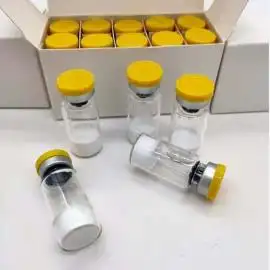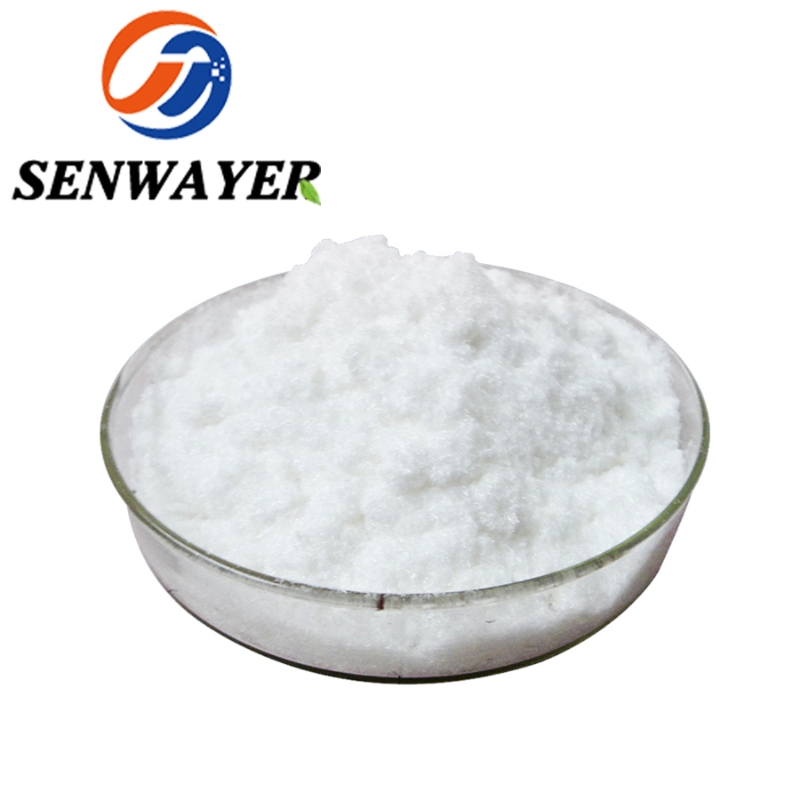-
Categories
-
Pharmaceutical Intermediates
-
Active Pharmaceutical Ingredients
-
Food Additives
- Industrial Coatings
- Agrochemicals
- Dyes and Pigments
- Surfactant
- Flavors and Fragrances
- Chemical Reagents
- Catalyst and Auxiliary
- Natural Products
- Inorganic Chemistry
-
Organic Chemistry
-
Biochemical Engineering
- Analytical Chemistry
-
Cosmetic Ingredient
- Water Treatment Chemical
-
Pharmaceutical Intermediates
Promotion
ECHEMI Mall
Wholesale
Weekly Price
Exhibition
News
-
Trade Service
3-[1-(1-Piperidinyl)cyclohexyl]phenol, also known as PCP, is a chemical compound that is commonly used in the chemical industry.
It is a colorless liquid with a distinctive odor, and it is soluble in water and many organic solvents.
PCP has a wide range of applications, including as a herbicide, insecticide, and fungicide, and it is also used as a intermediate in the production of other chemicals.
Despite its widespread use, PCP is also known to be a potentially dangerous chemical.
It is classified as a Category 2 carcinogen by the International Agency for Research on Cancer (IARC), which means that it is possibly carcinogenic to humans.
Long-term exposure to PCP has been linked to an increased risk of cancer, particularly in the liver and respiratory systems.
PCP is also known to be toxic to the nervous system, and it can cause a range of symptoms including dizziness, confusion, and difficulty breathing.
Prolonged exposure to high levels of PCP can lead to severe poisoning and even death.
In addition to its health risks, PCP is also known to be environmentally dangerous.
It is highly toxic to aquatic life, and it can cause severe damage to ecosystems and wildlife.
It is also harmful to soil, and it can persist in the environment for long periods of time.
As a result, it is important to handle PCP with care and take measures to prevent it from entering the environment.
In the chemical industry, PCP is typically handled by trained professionals in controlled environments.
However, even with proper safety measures in place, accidents can still occur.
It is important for workers in the chemical industry to be aware of the hazards associated with PCP and to take all necessary precautions to protect themselves and their colleagues.
Overall, the safety of 3-[1-(1-Piperidinyl)cyclohexyl]phenol is a serious concern in the chemical industry.
While it has many useful applications, it is also known to be potentially dangerous to human health and the environment.
Careful handling and proper safety measures are essential to minimize the risks associated with this chemical.







